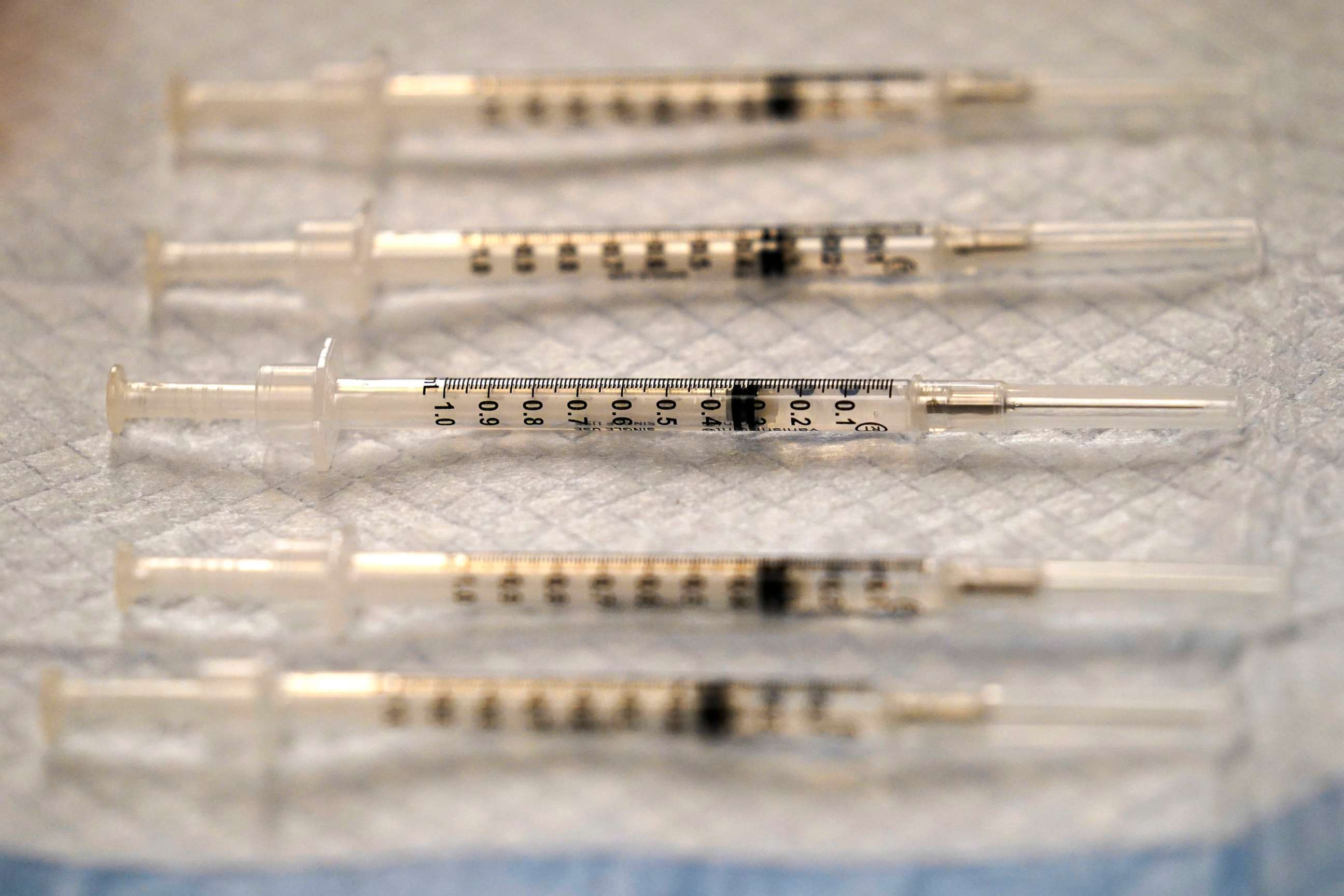California hospital explains how it will allocate medical resources in case of shortage
Huntington Hospital in Pasadena, California, released a patient information sheet documenting how they will use their medical resources should they see a shortage due to an overwhelming number of new patients following the holidays.
"We are not currently in this situation, but could be based on ongoing increase in hospitalized COVID-19 patients," they told ABC News, adding that on Sunday they had their highest number of patients (189) in a single day.
In the letter, the hospital explained that due to rising cases of COVID-19 in the community, they may experience limited resources. These include life support machines (like a ventilator or breathing machine), intensive care unit (ICU) beds and healthy medical staff to care for patients.
If there is a shortage of resources, a team of medical professionals will review the cases of all patients who are critically ill to determine how these resources should be shared throughout the hospital.
"If a patient becomes extremely sick and very unlikely to survive his/her illness (even with life-saving treatment) – limited medical resources may go to treat other patients who are more likely to survive," the letter reads.
"Our community is facing a public health emergency that has severely constricted the medical resources available to patients in the Los Angeles County and greater Southern California region. Hospitals such as ours are working hard to meet the dramatic rise in needed care during this COVID-19 surge. We expect to face additional challenges moving forward after the holiday season," the hospital said in a statement.
ABC News' Abigail Shalawylo contributed to this report.





